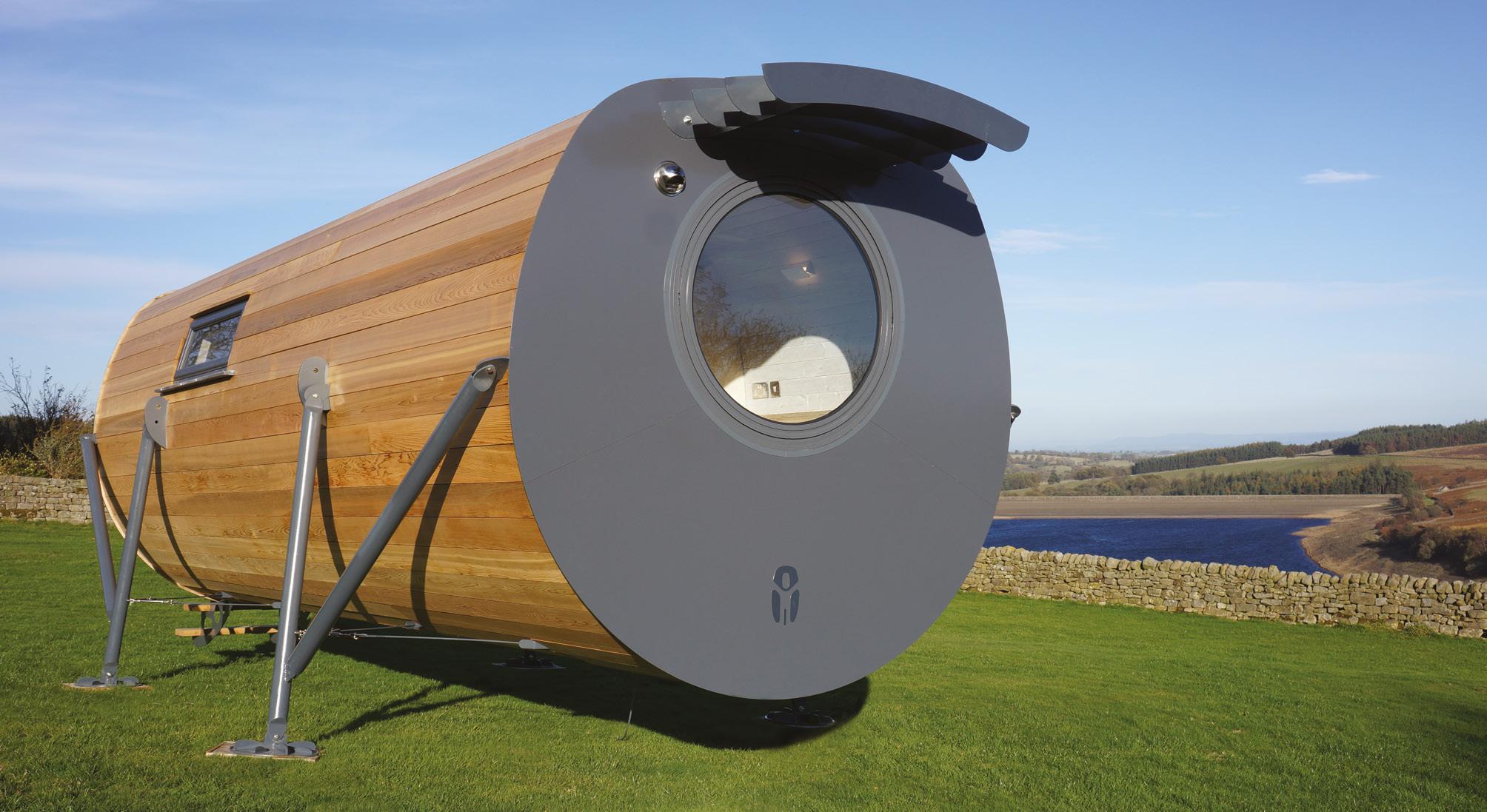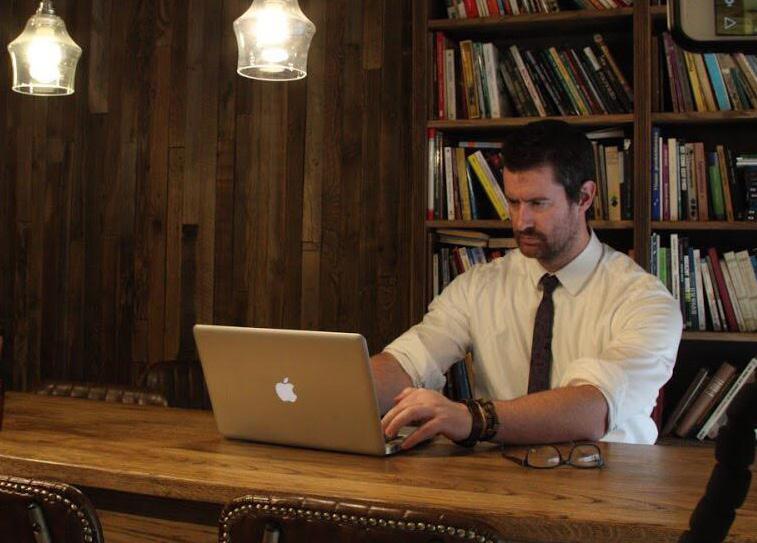ANTHROPODS Cleverly spacious and comfortable. Glamping evolution at its finest.
Rik is a Chartered Industrial Engineer and studied at Coventry University before moving to Holland. A consummate polymath, prior to founding Anthropods he co-founded a successful digital token-less authentication company known as Swivel Secure Ltd, of which he is the CEO. As if having a high level of business acumen is not enough, he also speaks Dutch, plays the mandolin and when he was younger had aspirations of becoming an RAF pilot. Clearly a man able to deal with high ideas.
Glamping is one of the fastest evolving industries in the world and each year sites across the UK have to consider the upgrades that will help them remain competitive. Not only in terms of customer service but uniqueness and comfort as well. This has made glamping site owners some of the shrewdest business people in hospitality. With their eyes on the suppliers with the best deals and manufacturers keen to produce the latest and most exciting products, there is a tangible excitement in glamping for original ideas.
“While I founded the business, I was later joined by Douglas Adamson who took the role as Anthropods Executive Chairman,” Rik tells us, “Douglas’ roots are in communications and he runs a number of successful marketing and advertising companies.”
ANTHROPODS. AN ORIGINAL IDEA. Anthropods are the brainchild of Rik Currie and are stylish, reliable and safe. These are, of course, important aspects in today’s safety-obsessed culture. Glamping as a whole has had to come to terms with this and the fact that as creative as you want to get with your accommodation, it has to be safe. And you cannot get a higher level of safety and reliability than from a man who designed trains for Nederelandse Spoorwegen.
Douglas also brought a wealth of experience of the glamping sector as he has been actively involved in it through his Chairmanship of a conservation charity in the Yorkshire Dales. He is also Chairman of Settle Stories which is an arts-based charity in Settle.
26


















